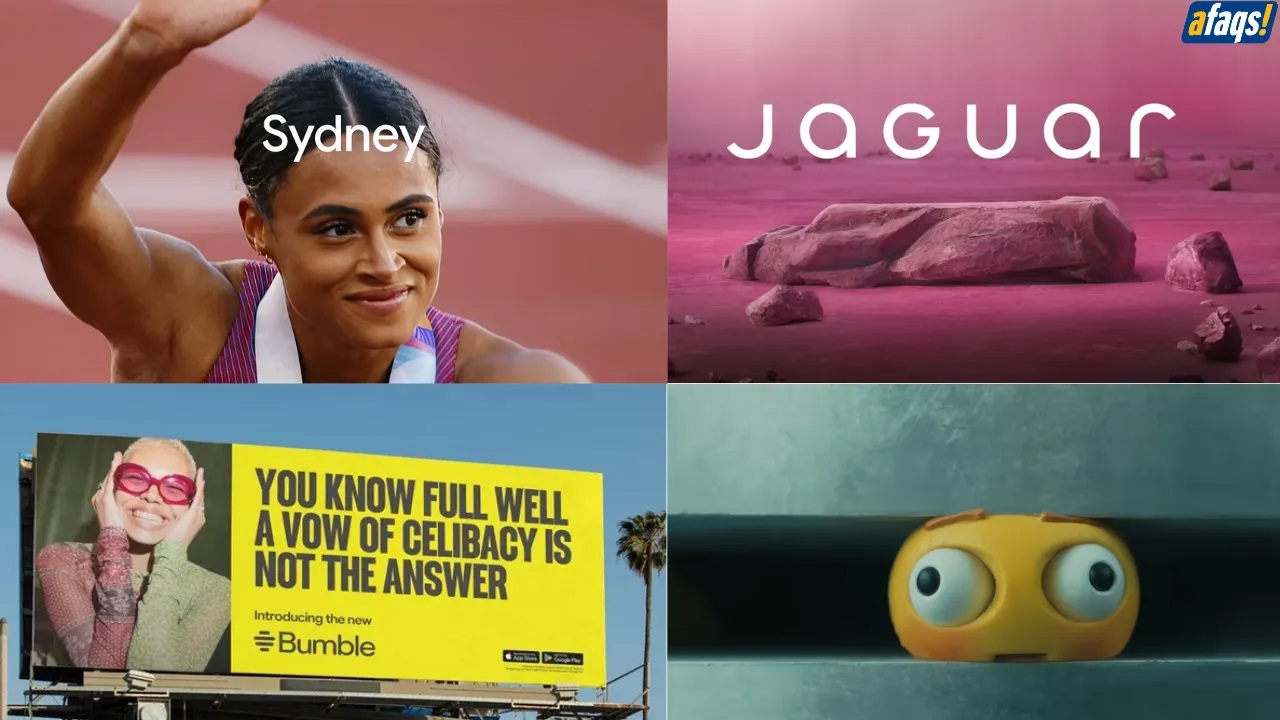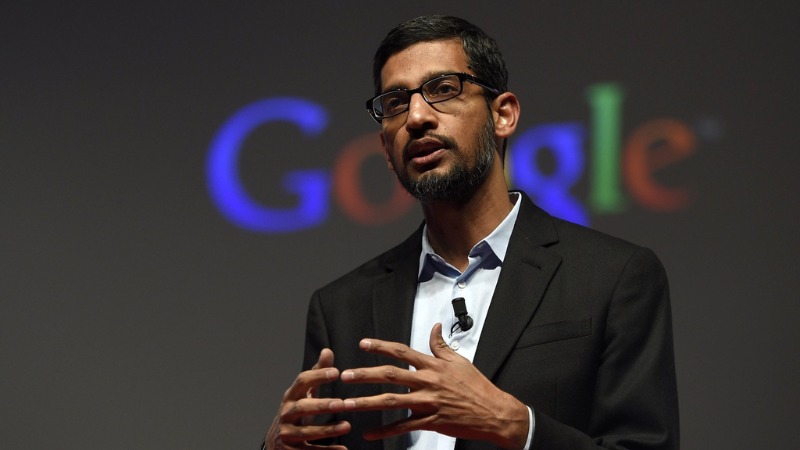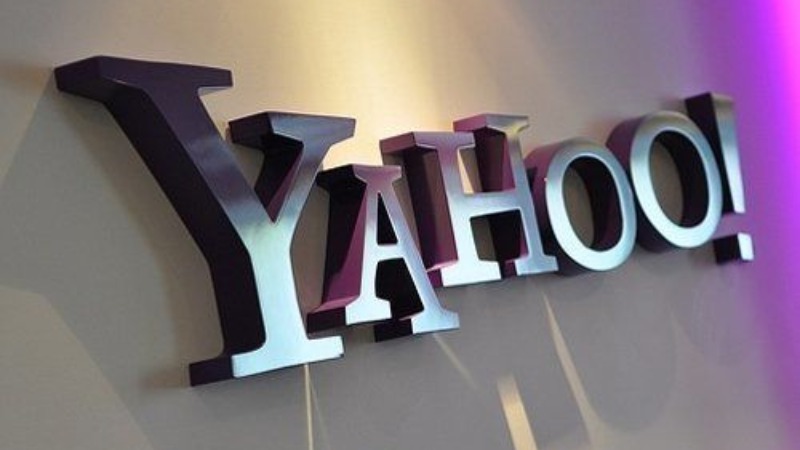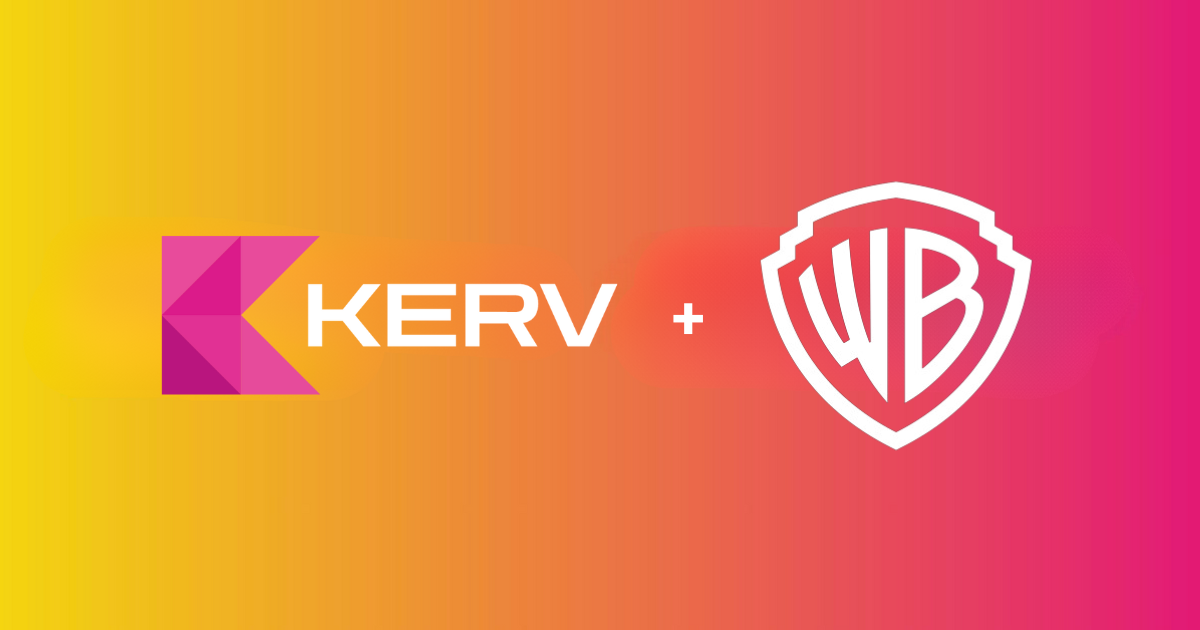In 2024, the global advertising landscape was fraught with controversy, as high-profile campaigns misfired, igniting debates over tone-deaf messaging, cultural insensitivity, and representation. While the intent of advertising is often to push boundaries and provoke thought, several campaigns this year crossed the line, drawing criticism and, in some cases, damaging brand reputations. These incidents highlight the importance of thorough vetting and incorporating diverse perspectives in creative strategies.
Google: Creativity Under Fire
Google’s ad for its AI chatbot, Gemini, aimed to showcase how AI could inspire creativity. The ad featured a young girl using Gemini to write a fan letter to Olympic athlete Sydney McLaughlin-Levrone. However, critics argued that the ad implied AI could supplant activities like writing, crucial for children’s imagination and self-expression. Despite Google’s assertion that the campaign was designed to stimulate creativity, it sparked broader concerns about AI’s impact on individuality and human creativity.
Apple: Smashing Creativity
On May 7, 2024, Apple launched its iPad Pro at the “Let Loose” event with a polarizing ad. The campaign depicted a hydraulic press crushing items like musical instruments, gaming consoles, cameras, and books to unveil the iPad Pro, symbolizing its creative potential. However, viewers found the ad distressing and egotistical, criticizing it for destroying symbols of creativity. One long-time Apple user even expressed shame at purchasing the brand’s products. Apple later apologized, explaining the ad was metaphorical and meant to emphasize the iPad Pro’s capabilities, though the backlash had already left its mark.
Nike: Winning or Alienating?
Nike’s campaign for the 2024 Paris Olympics, titled “Winning Isn’t for Everyone,” faced mixed reactions. Narrated by Willem Dafoe, the ad received praise for its boldness but also criticism for being at odds with the Olympics’ spirit of inclusivity. Controversy deepened when Kevin Durant, excluded from the ad, took to Instagram to question Nike’s decision. Sharing nostalgic photos of past Olympic teams, Durant tagged Nike, asking, “Am I a bad person?” The campaign sparked a broader debate about the brand’s messaging and athlete relationships.
Bumble: The Great Bumble Fumble
A bright yellow Bumble billboard featuring a smiling woman and the message, “You Know Full Well a Vow of Celibacy is Not the Answer,” sparked outrage. Critics accused the dating app of shaming women who choose celibacy, calling the ad misogynistic and tone-deaf. Dubbed “The Great Bumble Fumble,” the backlash led to the ad’s swift removal and a public apology from Bumble. The brand explained that the ad was meant to humorously connect with those frustrated by modern dating but acknowledged that it failed to strike the right chord.
Jaguar: A New Look or an Identity Crisis?
Jaguar’s rebranding effort also faced scrutiny. The campaign featured multicultural models in futuristic outfits but omitted the iconic Jaguar face from the logo. Critics likened the campaign to a fashion ad rather than one for cars, with Elon Musk mocking it by asking, “Do you sell cars?” Social media users expressed confusion, questioning the brand’s messaging and direction. Jaguar responded cryptically, hinting at an upcoming reveal, but the ambiguity only fueled further debate.
Calvin Klein: Double Standards in Advertising
At the start of 2024, Calvin Klein’s billboard featuring British musician FKA Twigs stirred controversy. The ad showed Twigs in a draped shirt that partially revealed her breast and the side of her buttocks, accompanied by the tagline “Calvins or nothing.” UK regulators initially banned the ad, deeming it objectifying. However, Twigs and her supporters highlighted similar campaigns, such as one with Jeremy Allen White in boxers, that were not censored. Regulators eventually reversed their decision, ruling the ads didn’t promote objectification but banned them from public spaces visible to minors.
Lessons Learned
This year’s controversies underscore the critical need for brands to tread carefully in their creative endeavors. Misjudging audiences or ignoring cultural nuances can lead to public backlash and reputational damage. As the advertising world continues to evolve, incorporating diverse perspectives and vetting campaigns thoroughly will remain essential to avoiding these pitfalls and fostering meaningful connections with audiences.
Video:
Author: Sonali kamble












